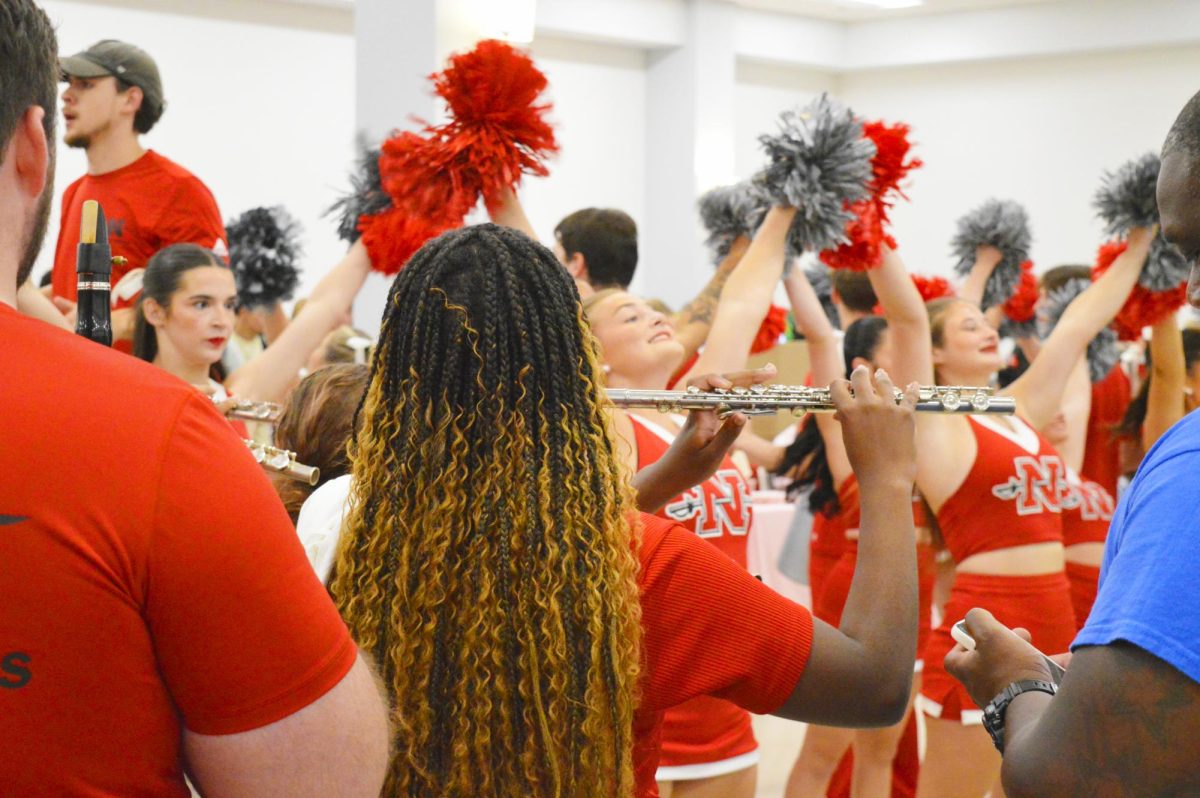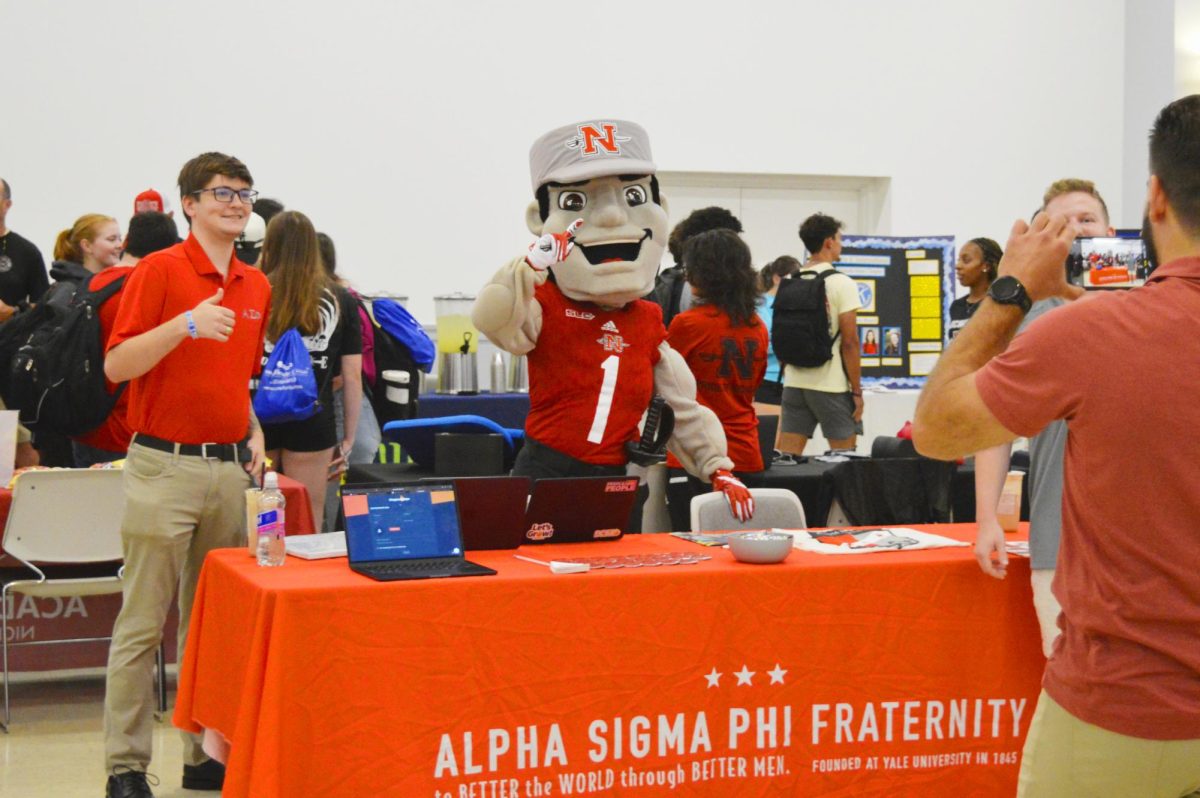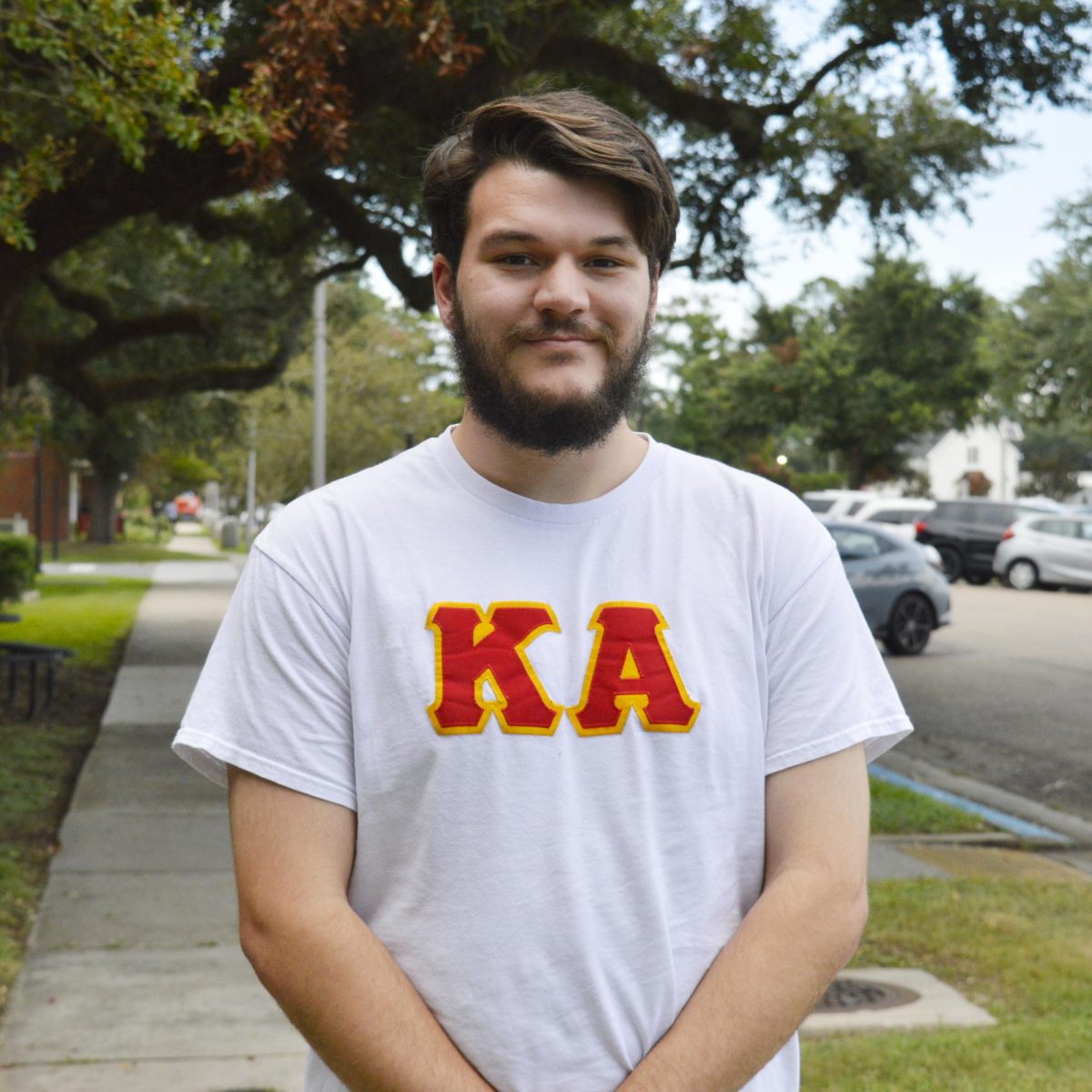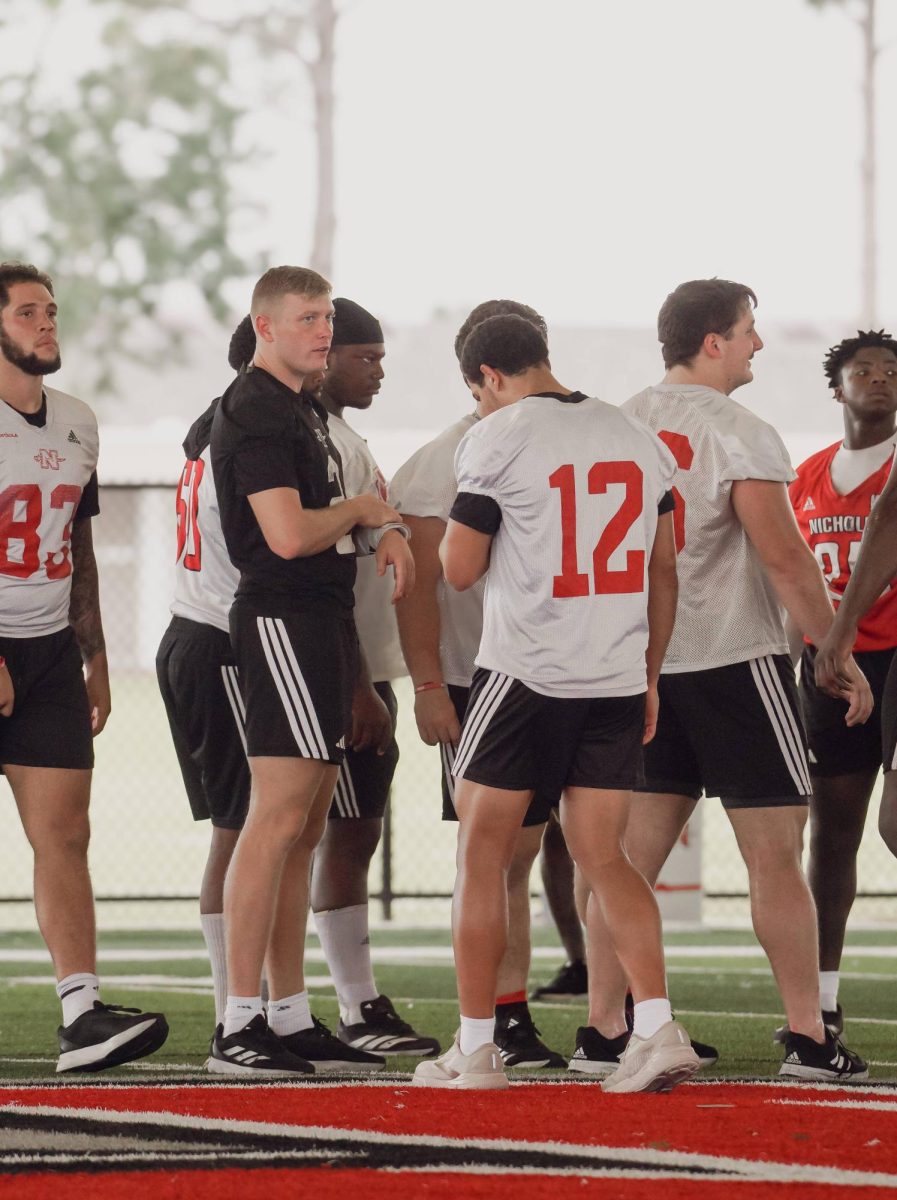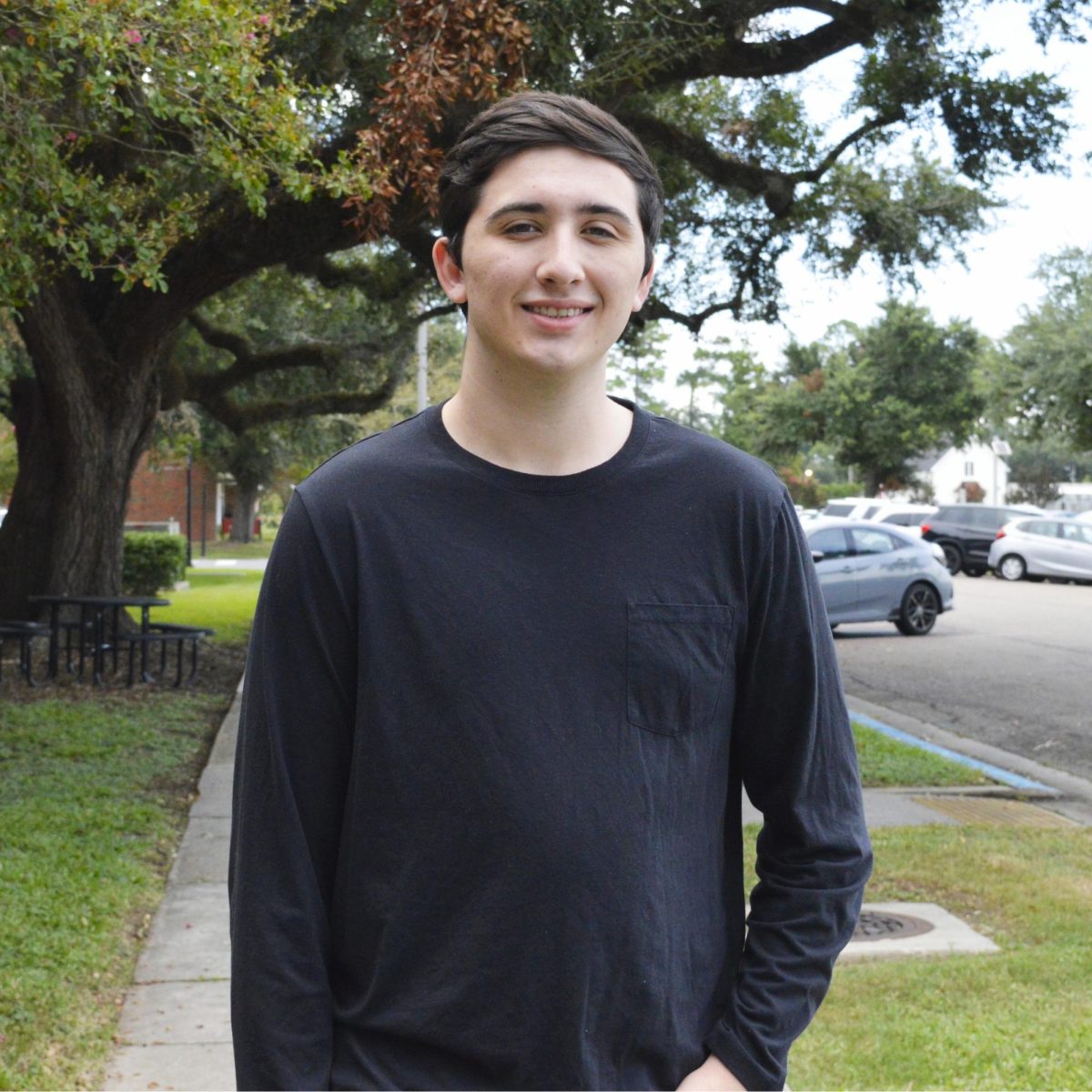Peer Education sponsors different events throughout the semester to help inform students about social issues.”We do not try to preach or get people to do things one certain way,” Melissa Dyson, coordinator of Peer Education, said. “We want to try to make sure that they (students) have all the information they need in order to make wise decisions or healthy decisions.”
In February, for Black History Month, they will have awareness tables in the student union and will also be sponsoring movies.
The organization will also have awareness tables in the student union for sexual responsibility week, which is also in February.
For Women’s History month, Peer Education is co-sponsoring a coffee and seminar on March 3 that will honor women of color. “That kind of bridges Black History Month and Women’s History Month,” Liz Folse, student director, said.
National Collegiate Health and Awareness week is also in March. According to Folse, Peer Education will try to focus on women’s health during this week because it is Women’s History Month.
Every semester Peer Education puts on a stress-free mid-term day, which is usually the Wednesday during mid-term in the quadrangle. The organization has games set up for students to play, free food, candy and stress balls. “We just try to give people an outlet to come out and have a little fun,” Folse said.
Peer Education does not focus on how many people show up to an event. “If you do not have a large crowd, you still should not consider it not a success,” Dyson said. Folse added that Peer Education prefers “quality over quantity.”
Peer Education’s Insight Theater is in the process of working on a show that they can tour with. The typical audiences for Insight Theater performances are high school students.
Juniors and seniors in high school may also participate in Insight Theater. “It is kind of a bridge between your last years in high school and becoming a freshman at college,” Dyson said.
What some students may not know is that they are already members of the organization. The Peer Education program is funded through student assessed fees. Students carrying seven or more hours during the fall and spring semester are charged one dollar, which is included in tuition payment at the beginning of the semester.
“They (students) are all members; it is their choice whether they want to be active or not,” Dyson said.
To be an active member, a student must have attended at least five meetings during the semester. Interested students can visit the Peer Education office, or contact the organization by telephone at 448-4523.




